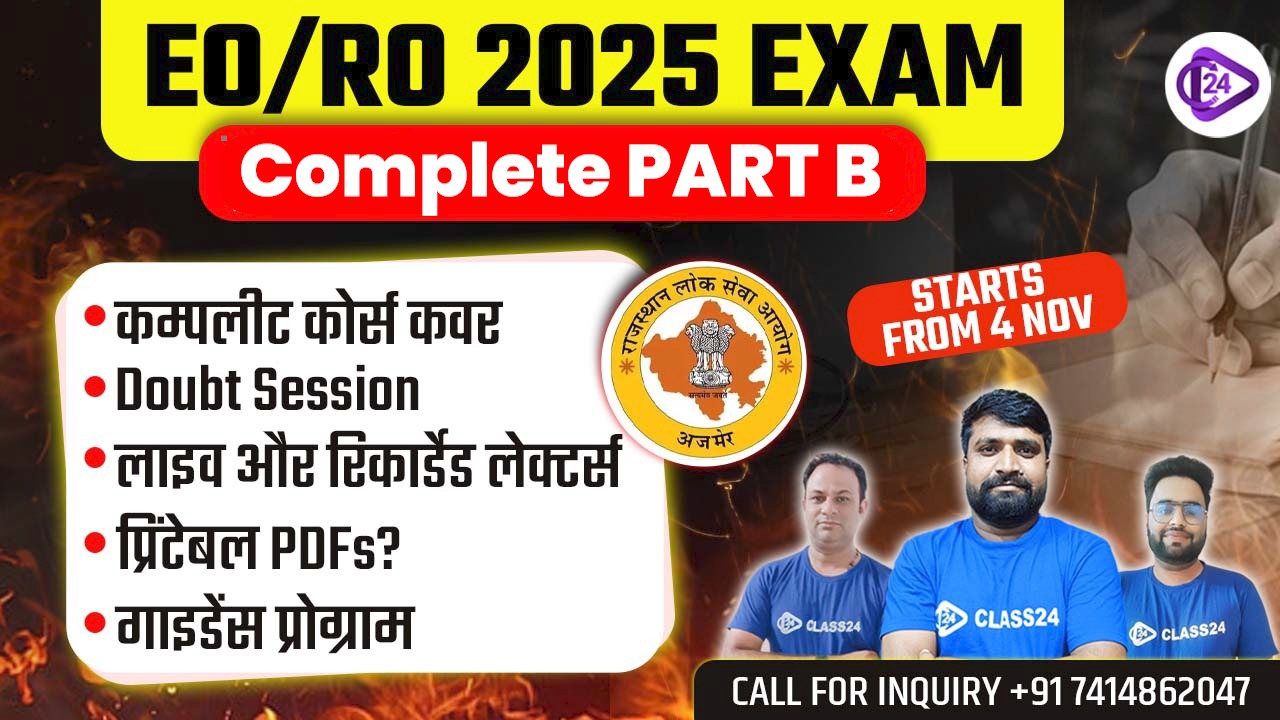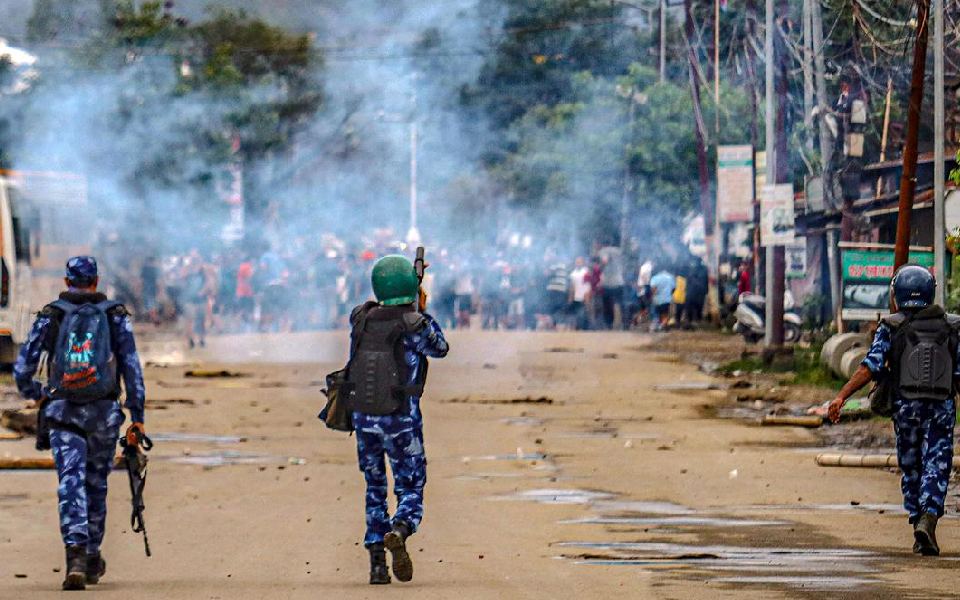
The Union Ministry of Home Affairs has restored operation of the Armed Forces (Special Powers) Act (AFSPA) in six police station areas covering five districts of Manipur. The administration of AFSPA covers the districts of: Imphal West, Imphal East, Jiribam, Bishnupur, and Kangpokpi. This decision comes in the backdrop of increasing ethno-communal political conflict and lowering standards of law and.order, particularly between Kuki-Zo and Meitei factions.
The AFSPA was passed in 1958 and allows the Indian Armed forces to use force in ‘disturbed areas’ a power that has been widely criticised. These authorities include the power to arrest persons without warrant, to search premises without consent, and also, when necessary, to use force, to gunfire. While human rights enthusiasts continue to stand behind this law by vouching that it is instrumental in the process of bringing back the stability in the regions affected by insurgency, critics continue to hold their opinion that the law is dangerous and can be easily manipulated and there is no one to answer for human rights abuses.
The belching up of AFSPA is in response to increasing insurgency and other factional clashes that have characterized Manipur in the past few months. Political parties, including BJP, have brought to light the human aspect of the continuing unrest and six women and children abducted only made the situation worse for the state. Many of these have been associated with ethnic conflict and this has served to demonstrate the delicate nature of situation in the IG regions.
While security forces have considerably improved in some regions of Manipur, AFSPA was partially lifted from some cover areas in 2022. However, the recent violence has meant that it has been renewed and the Act has been passed to 31st of March, 2025. It is shocking that this decision underscores the fact that peace is very weak in the region, and raises eyebrows on how some methods of solving conflicts can be of assist in the region.
However, as a lever for keeping order in the conflict-sensitive areas, AFSPA is considered a national and international controversy measure. Opponents and human rights NGOs state that the Act undermines the populations of the region and their trust in their state’s power and its military forces. The persistent other incidents in the Manipur again placed the AFSPA into the ethical and legal modeling question.
Exam Relevance: Provisions pertaining to AFSPA, historical background of the act and its implications on governance and human rights fall under GS Paper II (Governance whereas questions based on the instrumentality of AFSPA comes under GS Paper III Internal Security). The assessment too of weights between such national security and the civil liberties adds on more value regarding topics for the essays in the competitive examinations.
Chat With Us


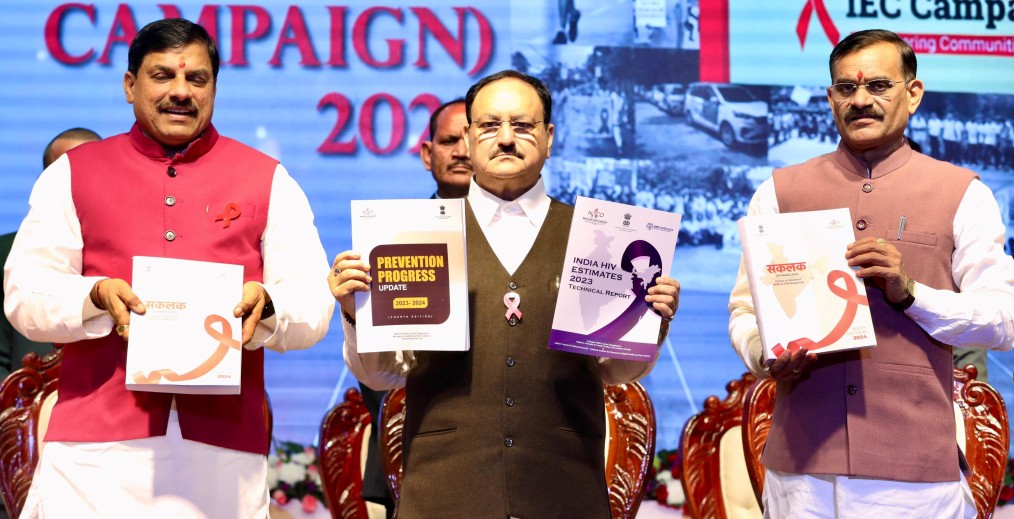 Union Health Minister Nadda Inaugurates World AIDS Day Indore 2024
Union Health Minister Nadda Inaugurates World AIDS Day Indore 2024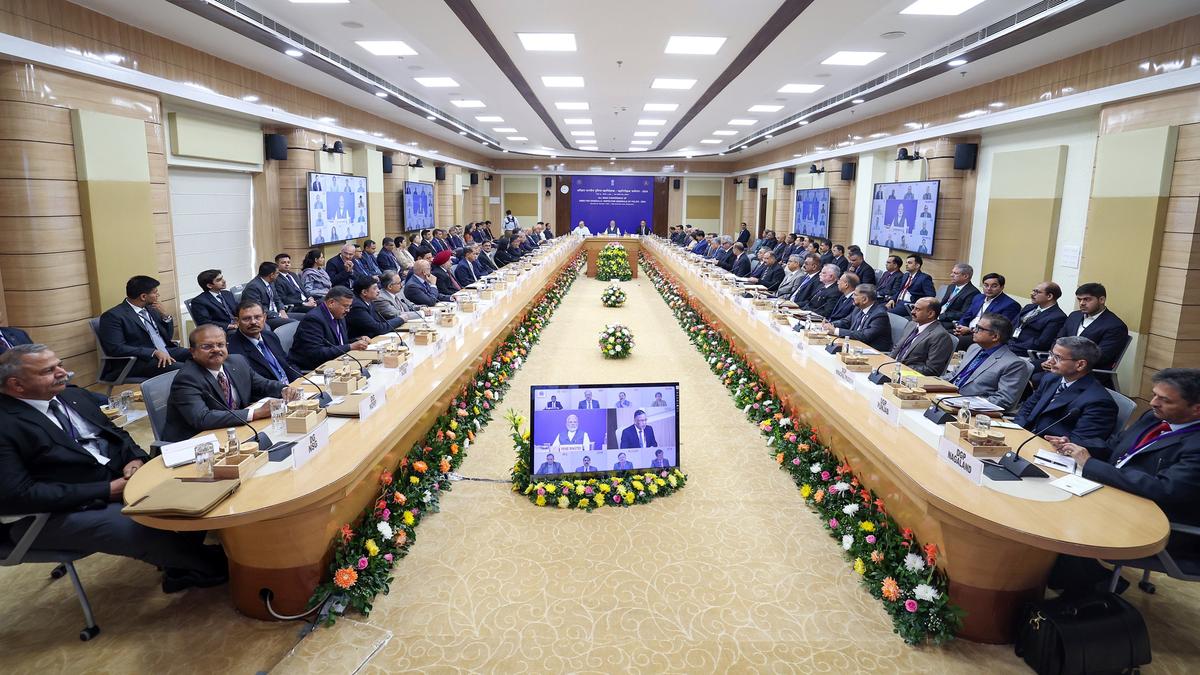 PM Attends 59th Police Leadership Conference 2024
PM Attends 59th Police Leadership Conference 2024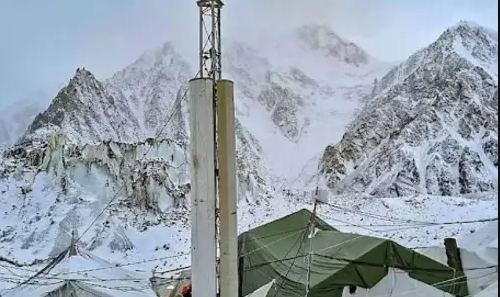 Indian Army Optical Fibre Ladakh
Indian Army Optical Fibre Ladakh Indian Army Installs Fibre Connectivity Siachen DBO
Indian Army Installs Fibre Connectivity Siachen DBO India Energy Security Future Renewable Energy
India Energy Security Future Renewable Energy India's G20 Presidency and Key Outcomes 2024 Summit
India's G20 Presidency and Key Outcomes 2024 Summit Constitution Museum Sonipat Haryana Democracy Heritage
Constitution Museum Sonipat Haryana Democracy Heritage India Green Hydrogen Mission Clean Energy Transition 2024
India Green Hydrogen Mission Clean Energy Transition 2024 Andhra Pradesh Abolishes Two-Child Rule for Local Elections
Andhra Pradesh Abolishes Two-Child Rule for Local Elections International Film Festival 2024 Goa India
International Film Festival 2024 Goa India




